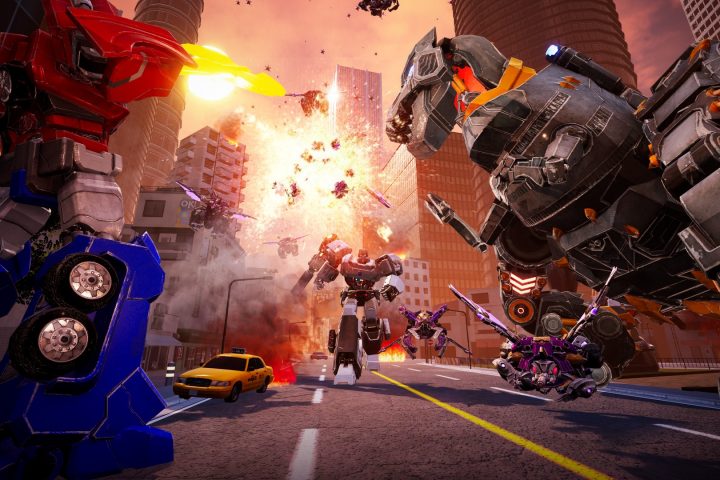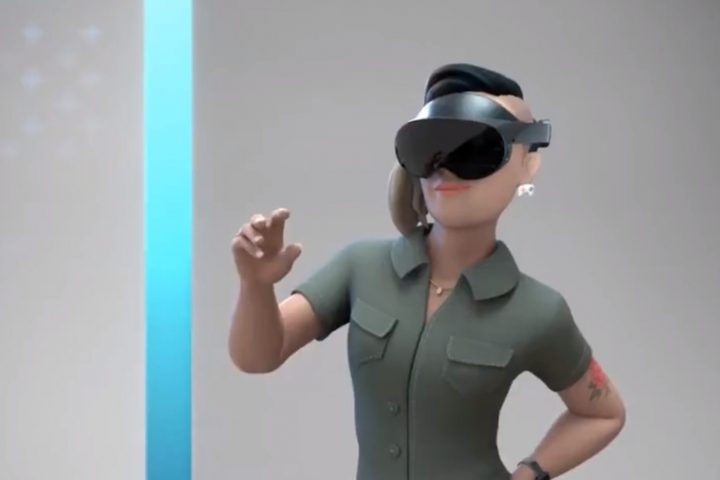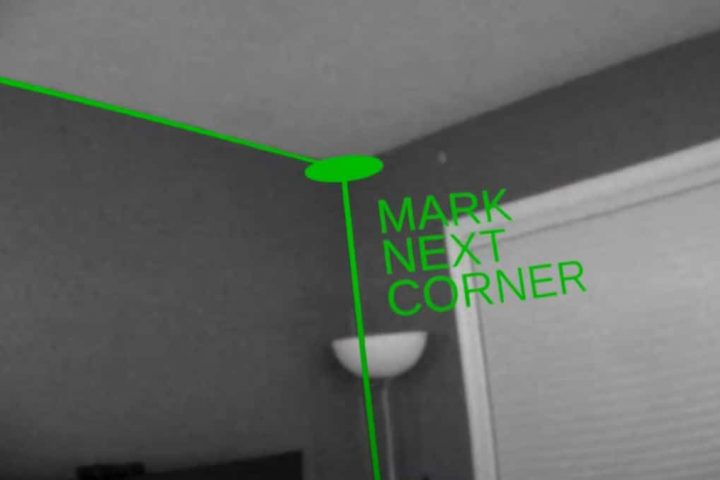
GUEST:
While the world may know Orlando for its theme parks, what they don’t know is that tech predates tourism in the region. The Central Florida region was responsible for sending the first man to the moon — and since then, innovation hasn’t slowed down in Orlando.
Today, the Orlando region is a hotbed for creating and testing new technologies ranging from game development to smart sensor research. These technology clusters, along with the city’s ideal conditions for entrepreneurial ventures, have set Orlando up for success in virtual reality innovation.
To fully understand why tech, and now VR, is taking off in Orlando, look back at the region’s origins. In the 1950s, Lockheed Martin built a plant at Cape Canaveral to develop America’s space program, which helped convince the Naval Training Systems Center to leave New York for Orlando in the 1960s. With this foundation, Orlando has become the world capital of modeling, simulation, and training (MS&T), permeating nearly every industry from defense to health care.
Adding to this expertise, Orlando’s theme parks attract top-notch engineers to the region to create the most cutting-edge experiences for guests to stay competitive. Not to mention, Orlando theme parks are often among the first places to debut new VR technology. Overall, Orlando’s simulation industry has been laying the foundation for virtual reality for decades.
Orlando’s combination of high-tech talent and a strong entertainment industry has bred a cluster of gaming companies, many of which are pioneering new VR applications. EA Tiburon, one of EA Entertainment’s largest studios worldwide, is exploring virtual reality projects for blockbuster sports games like Madden NFL and NBA Live in Orlando. EA’s success drew other major gaming companies like Particle City and Iron Galaxy Studios to the region. Industry giant Advanced Micro Devices has increased its Orlando office by 25 percent from 2014 to 2016 to 150 workers to work on new technologies used for Microsoft’s Xbox 360. According to WalletHub, Orlando ranks as the No. 1 city for gamers for its opportunities for developers and gamers, as well as its reliable, fast internet.
VR is even being used to help veterans in Orlando. The Department of Veterans Affairs recently chose Orlando’s Lake Nona Medical City as the location for its SimLEARN center, the largest simulation facility of its kind, which will use gaming and simulation technology to create a virtual hospital for veterans.
Orlando is producing the next generation of VR innovators thanks to schools that focus on real-world tech education. Originally created to supply engineering talent for Lockheed Martin and NASA, Orlando-based University of Central Florida (UCF) is now the second largest university in the country and one of the few focused on simulation and VR education. UCF’s Florida Interactive Entertainment Academy (FIEA) is the No. 1 videogame graduate school in North America, the product of a partnership between EA Tiburon and the City of Orlando. And students in the Orlando region can now create programs for virtual and augmented reality devices thanks to Full Sail University’s brand new, $3 million, 8,000 square foot augmented reality lab.
Orlando’s VR industry is supported by the city’s growing startup ecosystem. Orlando offers a cost of living 50 percent lower than Silicon Valley and 58 percent lower than New York, helping Orlando rank No. 3 in the nation for startup density. Downtown Orlando’s co-working space Canvs is home to 100+ tech companies, and the first three graduating classes at Starter Studio, the region’s first accelerator, raised a combined total of more than $2 million in venture capital. And in recent years, several startups have made major exits to companies in Silicon Valley, while others have received extensive funding locally — for example, Orlando-based Fattmerchant raised more than $2.25 million over 18 months from strictly local investors.
These local success stories have attracted more startups to the region, like digital animation company Arrow Sky Media and fintech company Finexio, both of which are relocating their headquarters to Orlando from Nashville and Silicon Valley, respectively. More companies will join the fold as part of Creative Village, a 68-acre mixed-use development for high-tech, digital media, and creative companies, as well as UCF’s downtown campus, set to open in 2019.
The foundation of Orlando’s tech industry is collaboration and entrepreneurial support. Case in point, the Orlando Tech Association hosts one of the Southeast’s largest tech meetups. The region also supports the National Entrepreneur Center, one of only two in the nation.
Orlando is not only the happiest place on earth for tourists — we think it can also be for techies, too.
(Disclaimer: both EA Tiburon and Fattmerchant are investors in the Orlando Economic Partnership.)
Tim Giuliani is the president and CEO of the Orlando Economic Partnership, which works to provide the Orlando region with quality jobs, economic growth, broad-based prosperity and a sustainable quality of life.
Source: How VR reinvigorated the theme park capital of the world



